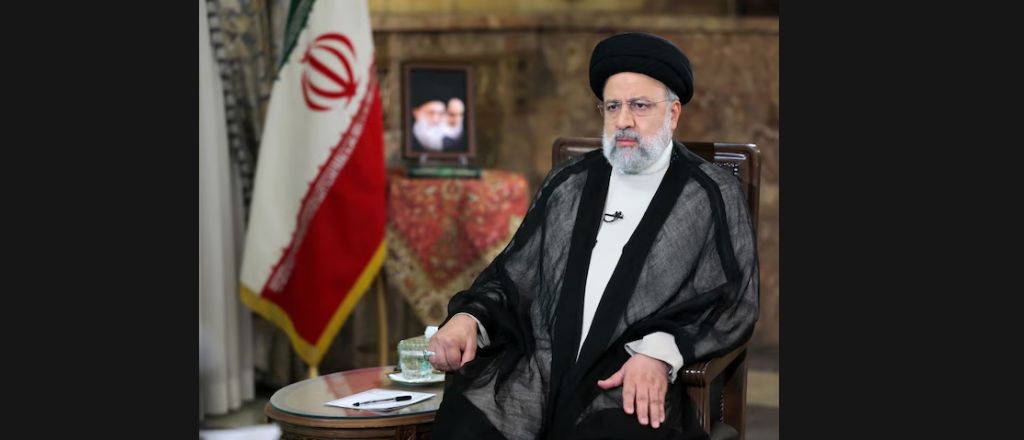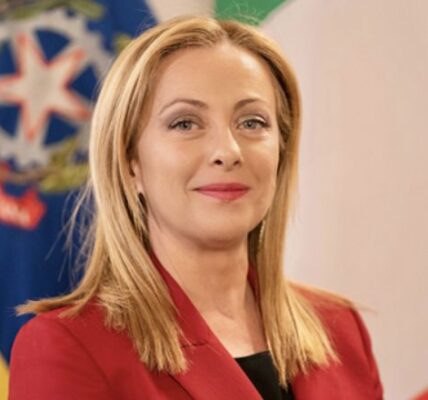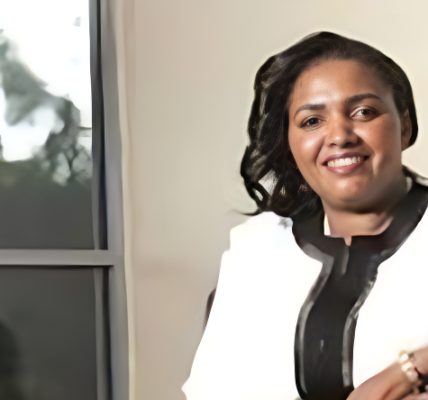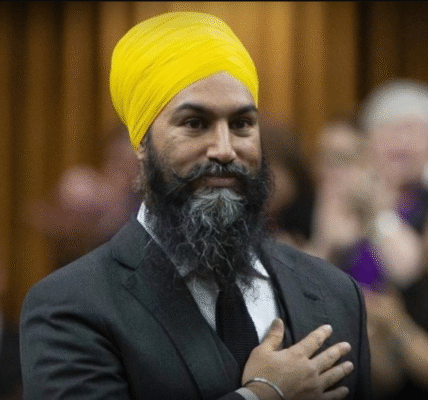Early Life and Education
Ebrahim Raisi was born on December 14, 1960, in Mashhad, Iran, a significant religious hub for the Twelver Shiʿah due to the burial site of the eighth imam, ʿAlī al-Riḍā. His birth coincided with Iran’s land reform and the White Revolution development program, leading to rapid modernization and urbanization. However, the clerical establishment, including Raisi’s clerical family, felt disenfranchised by the shah’s reforms.
In 1975, Raisi attended a seminary in Qom, the intellectual center of Shiʿi Islam, studying under prominent clerics. During this time, he became involved with the revolutionary ideals of Ruhollah Khomeini, contributing to the events of 1978–79 that led to the shah’s exile and the establishment of a government based on Khomeini’s vision.
Prosecutor for the Islamic Republic
Following the Iranian Revolution, Raisi dedicated his career to upholding the new regime. He joined the prosecutor’s office in Masjed Soleymān and later served in various jurisdictions, eventually becoming deputy prosecutor in Tehran in 1985. In 1988, Raisi was part of a committee tasked by Khomeini to execute thousands of political prisoners accused of collaborating with Iraq.
Under Ali Khamenei, Raisi rose within Iran’s judicial system, holding positions such as prosecutor of Tehran (1989–94), head of the General Inspection Organization (1994–2004), and prosecutor general of the Special Court for the Clergy (2012–21). He played a significant role in the crackdown on dissidents after the 2009 presidential election and became a member of the Assembly of Experts (2007–24).
In 2016, Khamenei appointed Raisi as custodian of the shrine of ʿAlī al-Riḍā in Mashhad, giving him control over substantial assets and increasing his influence among the clerical and business elite.
Presidency
Raisi ran in the 2017 presidential election, criticizing incumbent Hassan Rouhani for the nuclear agreement (JCPOA) and failing to improve socioeconomic conditions. Although Rouhani won, Raisi’s populist rhetoric gained significant support. The U.S. withdrawal from the JCPOA in 2018 vindicated Raisi’s stance in the eyes of many Iranians.
Appointed head of the judiciary in 2019, Raisi pursued selective corruption cases against officials and businessmen. In 2021, he ran for president again, winning by a significant margin due to his high profile and the disqualification of his challengers. Inaugurated in August, Raisi prioritized regime security over economic relief, allocating increased defense funding and maintaining austerity in domestic spending.
Iranian Protests in 2022
Raisi’s policies, including a sudden cut to food subsidies and the enforcement of state-sanctioned attire, sparked widespread protests in 2022. The death of Jina Mahsa Amini in custody for “improper” clothing ignited massive demonstrations, with women playing a leading role. Raisi blamed foreign actors for the unrest.
Increasing Tensions and Final Days
During the Israel-Hamas War in 2023, Raisi’s rhetoric against Israel grew confrontational. In 2024, following attacks on senior IRGC officers and subsequent strikes, Raisi embarked on a tour to strengthen ties with neighboring countries. On May 19, returning from a trip to inaugurate new dams along the Iran-Azerbaijan border, his helicopter crashed amid bad weather. Rescuers found the helicopter the next day, but there were no survivors.
Legacy
Ebrahim Raisi’s career was marked by his dedication to the clerical establishment and regime security. From his early days in the judiciary to his tenure as president, he remained a controversial figure, known for his hardline stance on dissent and corruption. His leadership during a period of significant internal and external challenges left a lasting impact on Iran’s political landscape.





